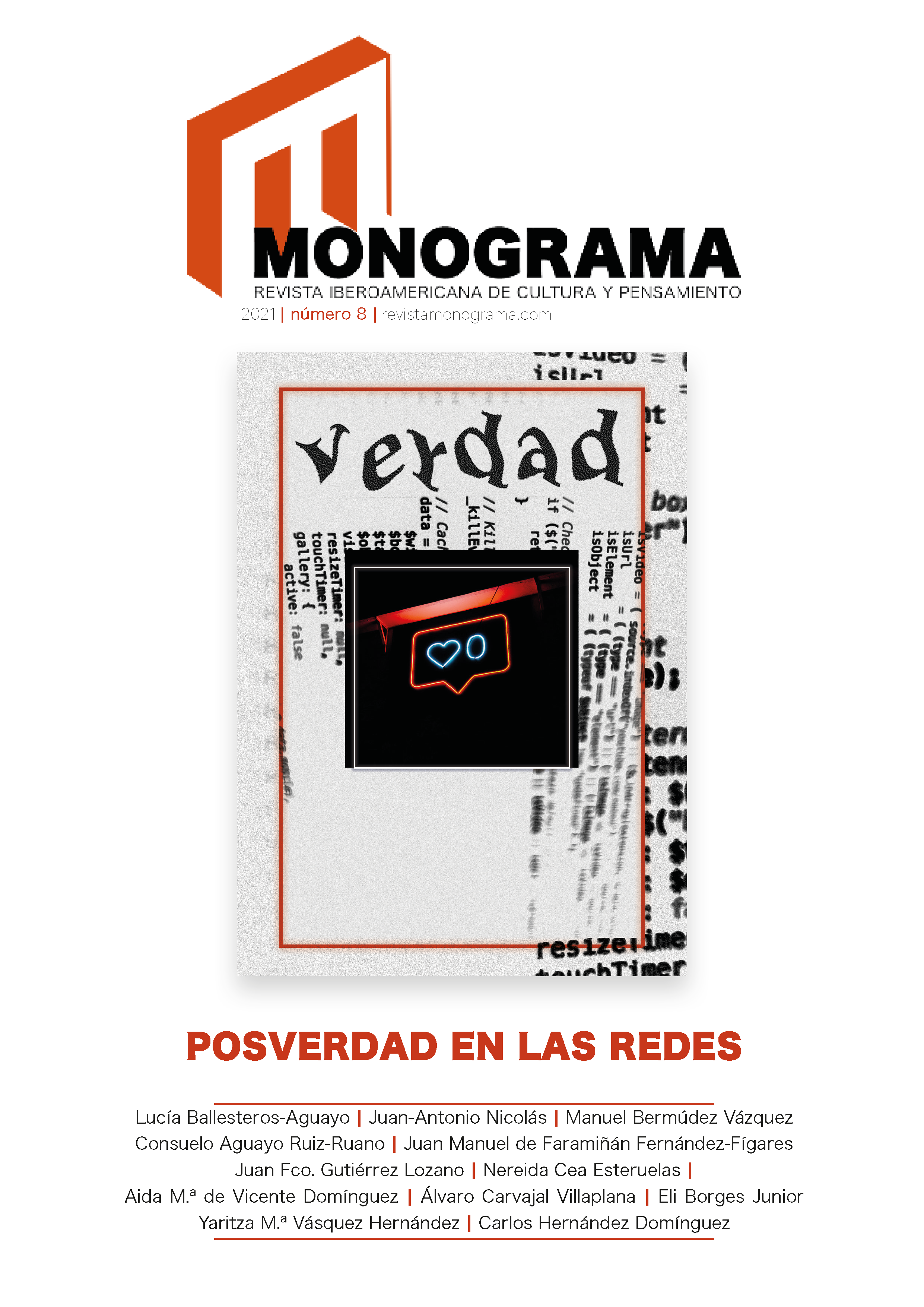Current Information in Social Media: Usage Analysis and Perception of Credibility
DOI:
https://doi.org/10.36008/monograma.2021.08.2418Keywords:
information, disinformation, social networks, youth, credibilityAbstract
Since the Facebook scandal caused by the filtration of data of the political consultant Cambridge Analytica took place, the credibility of information on social media has started to be questioned. The phenomenon of bots (digital robots), programmed to publish, comment and monitor user information, is changing the content being offered in networks. According to surveys, while on journalists’ side an intensive use of networks incorporated into professional routines is used, even if journalists are more sceptical to trust social media as information sources, this isn’t the case for the audience, who uses this modality more and more to be informed about breaking news. As a consequence, the journalistic brand is diluted, since it is increasingly difficult for the user to differentiate the original source from the journalistic information. All this causes a change in the model of distribution and consumption of information that requires analysis from the perception and credibility of the audience. The objective of this work is to describe the use of social networks for informational purposes by journalism students, as well as the perception of credibility generated by these platforms for consulting current information and content. Because of this, a student survey is used, which reflects the intensive use of social networks for informational purposes, overcoming even digital media; At the same time a higher level of trust is observed in the former, Twitter being the network that they consider the most suitable for the distribution of journalistic content and the one that is the most trusted.
Downloads
References
ALLCOT, H. y GENTZKOW, M. (2017). «Social media and fake news in the 2016 election». Journal of economic perspectives, n.º 31(2), pp. 211-36. doi: 10.3386/w23089.
CASERO-RIPOLLÉS, A. (2012). «Más allá de los diarios: el consumo de noticias de los jóvenes en la era digital/Beyond Newspapers: News Consumption among Young People in the Digital Era». Comunicar, n.º 20(39), pp. 151-158.
CATALINA-GARCÍA, B., SOUSA, J. P. y SILVA, C. (2019). «Consumo de noticias y percepción de fake news entre estudiantes de Comunicación de Brasil, España y Portugal». Revista de Comunicación, n.º 18(2), pp. 93-115.
COMISIÓN EUROPEA (2018). Comunicación de la Comisión al Parlamento europeo, al Consejo, al Comité económico y social europeo y al Comité de las regiones. Informe La lucha contra la desinformación en línea: un enfoque europeo.
DIRECCIÓN GENERAL DE COMUNICACIÓN DE LA COMISIÓN EUROPEA (2019). Opinión pública en la Unión Europea. Eurobarómetro Standard 90.
FLETCHER, R. (9 enero 2020). «Trust will get worse before it gets better» en Research Fellow». Reuters Institute.
GAVILÁN, D., MARTÍNEZ-NAVARRO, G. y FERNÁNDEZ-LORES, S. (2017). «Universitarios y redes sociales informativas: Escépticos totales, moderados duales o pro-digitales». Comunicar, n.º 25(53), pp. 61-70.
GILCHRIST, A. (2018). «Post-truth: an outline review of the issues and what is being done to combat it». Ibersid, n.º 12(2), pp. 13-24.
GRONKE, P. y COOK, T. E. (2007). «Disdaining the Media: The American Public’s Changing Attitudes Toward the News». Political Communication, n.º 24, pp. 259-81.
JONES, D. A. (2004). «Why Americans Don’t Trust the Media: A Preliminary Analysis». Harvard International Journal of Press/politics, n.º 9, pp. 60-75.
TANDOC JR., E. C., LIM, Z. W. y LING, R. (2018). «Defining “fake news” A typology of scholarly definitions». Digital Journalism, n.º 6(2), pp. 137-153. doi: 10.1080/21670811.2017.1360143.
TSFATI, Y. y ARIELY, G. (2014). «Individual and Contextual Correlates of Trust in Media across 44 Countries». Communication Research, n.º 41 (6), pp. 760-82.
TUÑÓN, J., OLEART, Á. y BOUZA, L. (2019). «Actores Europeos y Desinformación: la disputa entre el factchecking, las agendas alternativas y la geopolítica». Revista de Comunicación, n.º 18, pp. 245-260.
WARDLE, C. y DERAKHSHAN, H. (2017). «Information Disorder: Toward an interdisciplinary framework for research and policy making». Informe del Consejo de Europa DGI (2017)09, Bruselas. Disponible en: https://rm.coe.int/information-disorder-toward-aninterdisciplinary-framework-for-researc/168076277c.
Downloads
Published
How to Cite
Issue
Section
License
Copyright (c) 2021 Monograma. Revista Iberoamericana de Cultura y Pensamiento

This work is licensed under a Creative Commons Attribution-NonCommercial-NoDerivatives 4.0 International License.
Esta obra está bajo una licencia de Creative Commons Reconocimiento-NoComercial-SinObraDerivada 4.0 Internacional






